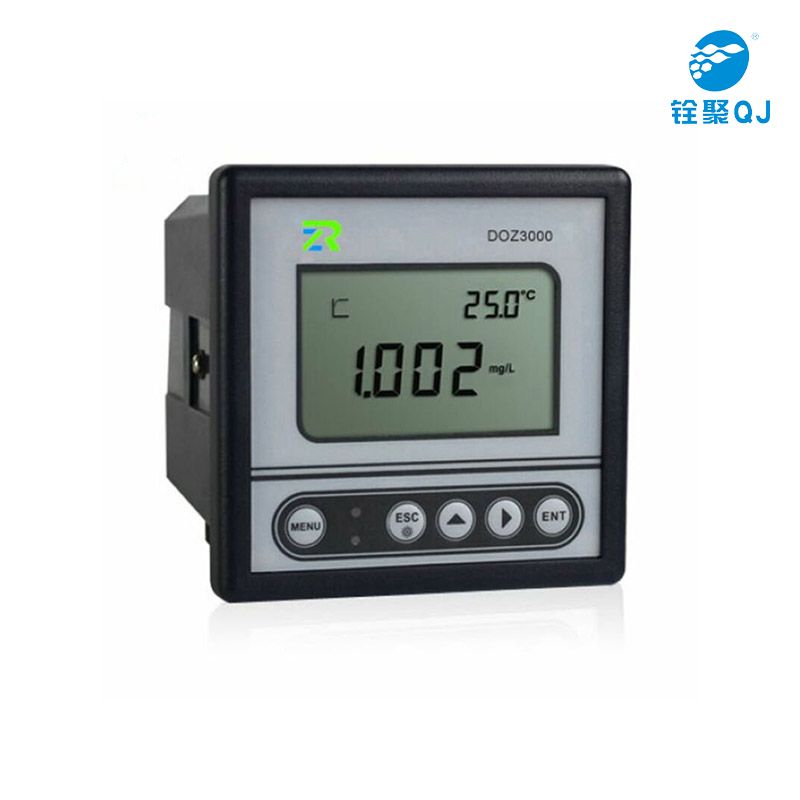Feb. 01, 2024
An ozone meter is a device used to measure the concentration of ozone (O3) in the air. Ozone is a gaseous molecule composed of three oxygen atoms and is present in the Earth's atmosphere. While ozone is naturally occurring and plays a crucial role in the stratosphere by protecting life on Earth from the sun's harmful ultraviolet (UV) radiation, ground-level ozone can be harmful to human health and the environment.
The primary applications of ozone meters include:
Air Quality Monitoring:
Ozone meters are commonly used in environmental monitoring to assess air quality. Elevated levels of ground-level ozone can result from pollution, and monitoring helps authorities understand and mitigate the impact on human health and the environment.
Occupational Safety:
Ozone meters are utilized in various industrial settings where ozone may be produced as a byproduct. Monitoring ozone levels is essential to ensure the safety of workers and compliance with occupational health and safety regulations.

Indoor Air Quality Assessment:
Ozone generators, used for air purification, can release ozone into indoor environments. Ozone meters for air help in assessing and controlling indoor air quality to prevent exposure to high ozone concentrations, which can be detrimental to health.
Healthcare Settings:
In healthcare facilities, ozone meters may be used to monitor areas where medical equipment generates ozone, such as ozone therapy units. Monitoring ensures that ozone levels remain within safe limits for patients and healthcare workers.
Suggested reading:Research and Laboratory Applications:
Ozone meters play a crucial role in atmospheric research and environmental science studies. Researchers use these devices to measure ozone concentrations in different locations and under various conditions to understand atmospheric processes.
Ozone Therapy:
In medical applications, ozone therapy involves the controlled administration of ozone for therapeutic purposes. Ozone meters help healthcare professionals maintain precise concentrations during these treatments.
Regulatory Compliance:
Industries emitting ozone as part of their processes need to adhere to regulatory standards. Ozone meters assist in ensuring compliance with environmental regulations and emission limits.
Emergency Response:
Ozone meters are used in emergency response scenarios, such as chemical spills or accidents involving the release of ozone. Monitoring helps assess the immediate risk to human health and facilitates appropriate response measures.
By providing accurate and real-time measurements of ozone concentrations, Quanju ozone meters contribute to safeguarding public health, protecting the environment, and ensuring compliance with regulatory standards in various settings.
Previous: None
Next: None
If you are interested in sending in a Guest Blogger Submission,welcome to write for us!
All Comments ( 0 )